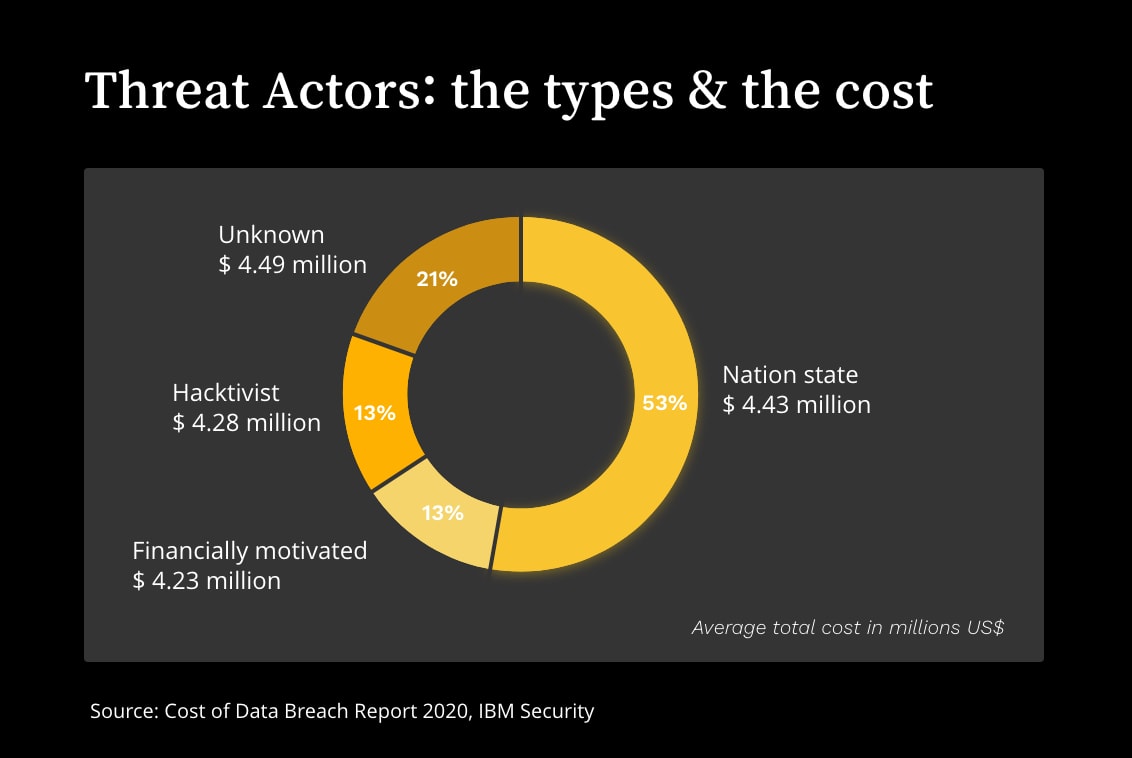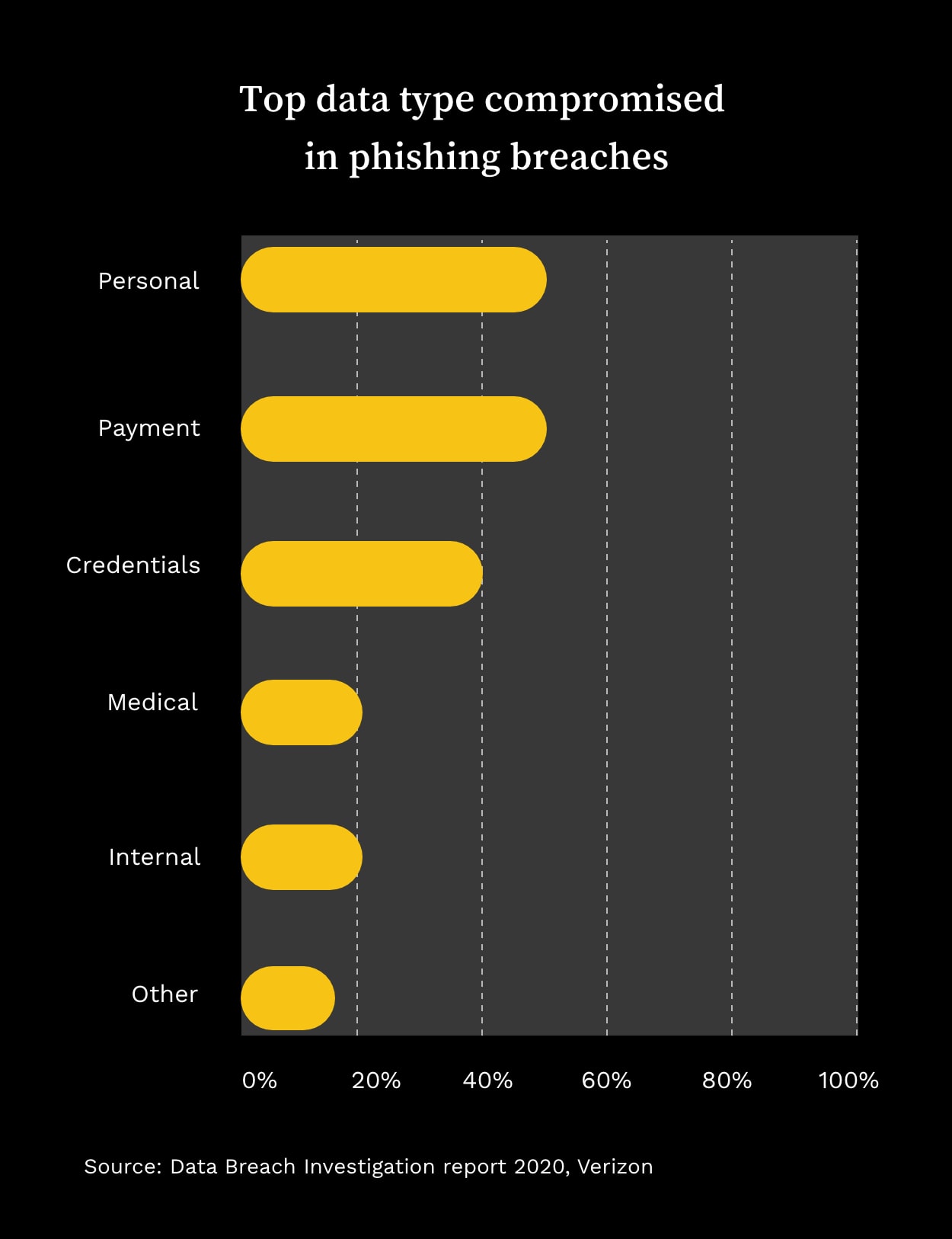E-commerce: The double-edged sword
Since the dot-com bubble began, the internet kingdom has been prospering at an extreme rate. The online world has provided enormous opportunities for companies to embark on an adventure and expand their business at scale with lower risks using e-commerce platforms. Technological developments have, in turn, created a culture of online shopping, and now it has become inevitable in everyday life.
The Covid-19 pandemic has played a significant part in contributing towards the industry’s evident boom of 27.6% in sales. However, there is an underlying threat to this unconventional rising trend. According to statistics, the e-commerce industry experiences a 32.4% success rate of cyber attacks annually. E-commerce companies are in constant danger of financial damage, which can be devastating. The prominent risk companies in this sector face are data breaches. The most critical data breach includes personal and payment data, which were compromised at a frequency of 49% and 47%, respectively.
Be aware of the data diggers
A data breach is when confidential and sensitive information is exposed to unauthorized personnel, often leaked by financially motivated hackers. The main objective of accessing such data is to obtain information for monetary value. Data breach attempts are in a rising trend post-pandemic. There has been a substantial digital migration across many industries, which resulted in a 450% surge in data breaches, with the majority (53%) being financially motivated attacks. This invasive raid has become a considerable burden and extreme liability for businesses.

Keep calm and gear yourselves with cyber shields
With this in mind, how should corporates be prepared for these cyber threats?
1. Ongoing cybersecurity training
The human factor causes the majority of data breach incidents. By promoting a culture of cyber awareness training among employees, you can reduce any potential risk and impact. Employees can always be more aware of daily situations and take preventative actions.
2. Implementing safety measures
Many e-commerce firms have adopted cybersecurity measures such as vulnerability scans and regular risk assessments to proactively identify problems to ensure they provide a safe environment to prevent data from being exposed publicly.
3. Implementing cyber software
Security software can detect, block, and prevent unauthorized applications, phishing emails, and many more malicious activities from happening in your network. The use of complementary cyber software can enhance the overall security posture and defend your company from cyber-attacks or even data leakages.
Notwithstanding the fact that these measures can be effective, incorporating cyber software solutions and cyber advisory services regarding data privacy is the proper step towards protecting your valuable client and corporate data assets.
Prevention is far less expensive than responding to a cyber attack, so if you’re wondering when you should integrate cybersecurity measures in your company, the time is now.
For more information and inquiries about cybersecurity insights, contact us at info@owlgaze.com.
Authors:
Ralph Chammah, Chief Executive Office – OwlGaze
Anastasios Papadopoulos, Chief Executive Office – IMS Digital Ventures




